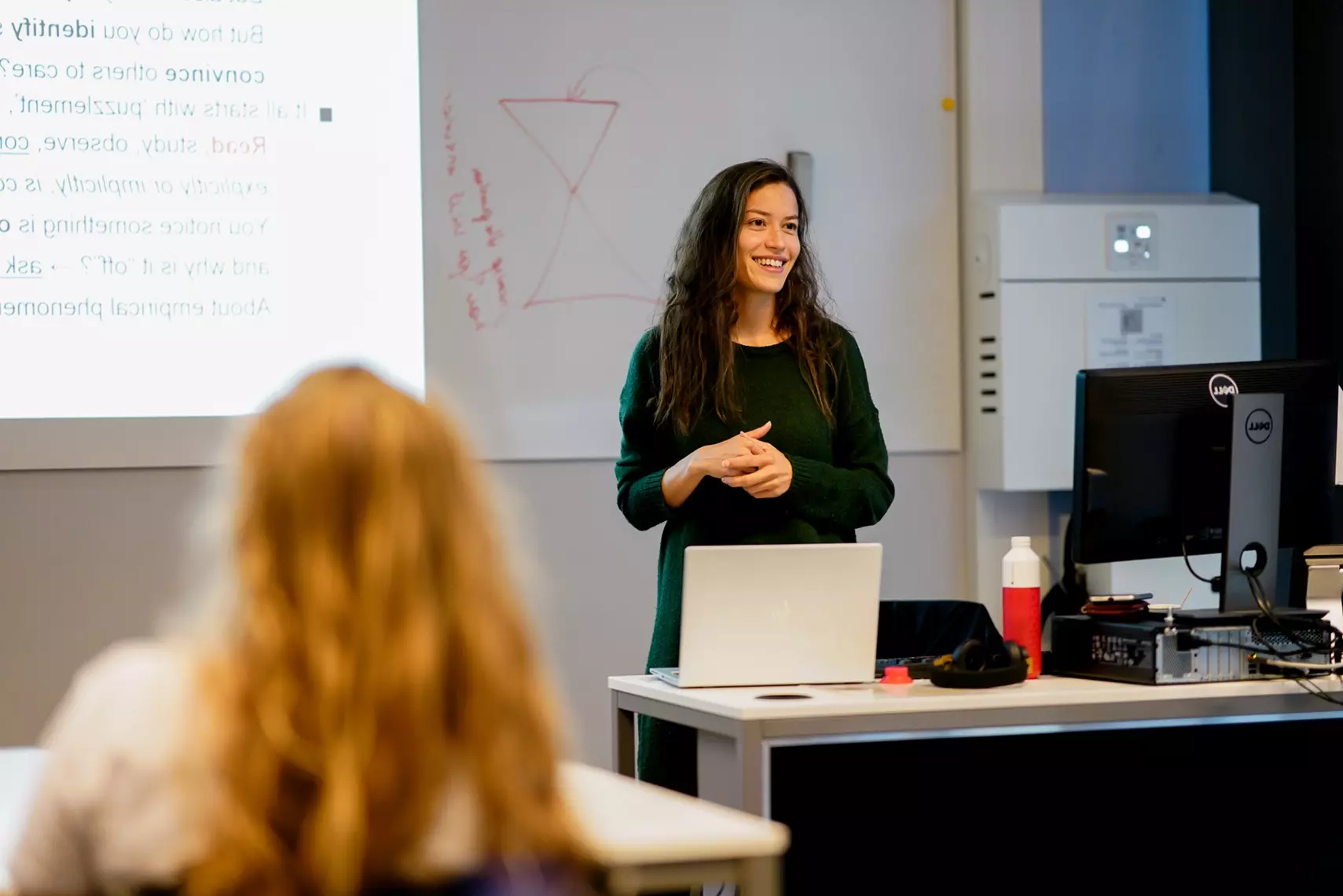Not found

More vacancies

Lecturer Brain & Cognition
- Faculty of Social and Behavioural Sciences
- €3.378 - €5.331
- Closes on06-07-2025
- Master's
- Minimum 30 hours
Are you looking for a challenging job in a dynamic setting? Would you like to help our students bridge the gap between science and society? Do you want to further enhance your teaching skills whilst extending your UvA network and work on your personal development plan? The program group Brain and Cognition (Psychology) of the Faculty of Social and Behavioral Sciences is looking for a lecturer to for our master’s track Brain & Cognition in Society.
View vacancy

2 PhD positions in NOvel REcyclable GREen polyesTers "NO-REGRET" project
- Faculty of Science
- €2.901 - €3.707
- Closes on06-07-2025
- Master's
- 38 hours
Do you enjoy working in an interdisciplinary research setting and do you want to be active in a project that aims to impact the sustainability of plastics? Would you like to work at the interface between the creativity of academia and the relevance of industrially guided research? The Van ‘t Hoff Institute for Molecular Sciences is looking for 2 ambitious PhD students. Your research is part of the Industrial Sustainable Chemistry group.
View vacancy

Lecturer in International and Transnational Criminal Law
- Amsterdam Law School
- €3.378 - €5.331
- Closes on23-06-2025
- University
- 32 - 38 hours
Have you completed, or about to complete, a Master's degree in International Criminal Law or in adjacent fields of (international) law, and are you enthusiastic about teaching and developing your skills as a professional in higher education? Are you a reliable team player and do you want to share your knowledge with our LLM students?
View vacancy
This website uses cookies
We, and third parties, use cookies on our website. We use cookies to ensure that our website functions properly, to store your preferences, to gain insight into visitor behavior, but also for marketing and social media purposes (showing personalized advertisements). By clicking 'Accept', you agree to the use of all cookies. In our Cookie Statement. you can read more about the cookies we use and save or change your preferences. By clicking 'Refuse' you only agree to the use of functional cookies.
